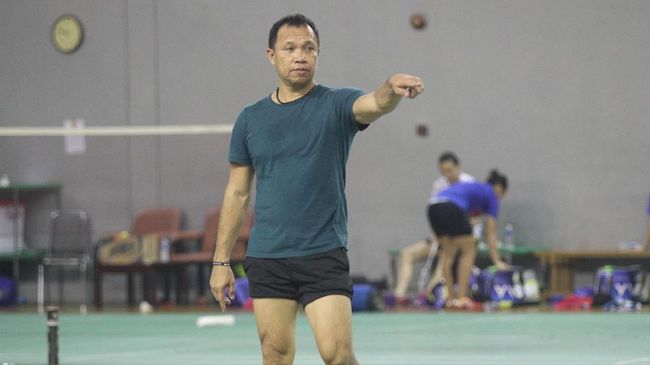SANTIAGO (AP) – The Chilean Public Health Institute approved on Monday the emergency use of the vaccine from the Chinese pharmaceutical company Sinovac in children older than 6 years, its director announced.
The use of the Chinese immunizer, which must be ratified by the Ministry of Health, was authorized by five votes in favor and one against by a doctor who asked for more information. Two other specialists approved its inoculation in people over 12 years old, explained the director of the Institute, Dr. Heriberto García.
The experts who voted, which included the presidents of the pediatric and infectious diseases societies, among others, analyzed a study by the Sinovac laboratory that inoculated 500 children between the ages of 3 and 17. In Chile, the Catholic University is developing a clinical trial to study the effect of the immunizer in 4,000 children between the ages of 3 and 17, who are in the final phase of recruitment.
García had anticipated that the Institute, in addition to knowing the data of the Chinese study published in the British medical journal The Lancet, had access to a manuscript that indicates that “100% of the children did produce antibodies, which is very good, because it allows end viral transmission ”.
A couple of weeks ago, the Brazilian regulatory body, the National Health Surveillance Agency (ANVISA) rejected the application of the Sinovac vaccine in children and adolescents and requested more information from the laboratory and considered the study group very small.
Chile approves Sinovac vaccine for children over 6 years of age.
The Chilean Public Health Institute approves the use of the vaccine from the Chinese pharmaceutical company Sinovac in children older than 6 years, after analyzing the results of a Chinese study that vaccinated about 500 children between 3 and 17 years old, while a Chilean university is in the beginning of a clinical trial in children of the same age group.
The Institute of Public Health of Chile (ISP) approved on Monday the emergency use of the vaccine from the Chinese pharmaceutical company Sinovac in children older than 6 years, according to the director of the entity, Dr. Heriberto García.
The use of the Chinese immunizer, which must be ratified by the Ministry of Health, was authorized by five votes in favor, one against a doctor who was due to have more antecedents, while two specialists approved its inoculation for those over 12 years of age.
The experts who voted, which included the presidents of the pediatric and infectious diseases societies, among others, analyzed a study by the Sinovac laboratory, which inoculated 500 children between the ages of 3 and 17. In Chile, the Catholic University is developing a clinical trial to study the effect of the immunizer in 4,000 children aged 3 years and over, and which is in the final phase of recruitment.
García had anticipated that the ISP, in addition to knowing the data of the Chinese study published in the British medical journal The Lancet, accessed a manuscript in “phase II-B”, which indicates that “100% of the children did produce antibodies, which is very good, because it allows ending the viral transmission ”.
A couple of weeks ago, the Brazilian regulator, the National Health Surveillance Agency, ANVISA, refused to authorize the Sinovac vaccine in children and adolescents and requested more information from the laboratory and considered the group of studies to be very small.
Until now, Chile had authorized the vaccination of minors between the ages of 12 and 18 with the US immunizer Pfizer. The inoculation of this age group began at the end of June in minors confined in homes for vulnerable adolescents, with comorbidities and healthy, but had to be suspended a month later due to lack of doses of Pfizer, the only one authorized so far by the Institute. The Minister of Health, Enrique Paris, anticipated that it is likely that by the end of this week the immunization of minors under 14 and 15 years of age will be restarted.
After the approval of the Institute, the Ministry of Health must program a vaccination schedule for children aged 12 to 6 years, in descending order, according to the availability of doses of Sinovac, of which the country has received 23.6 million units.
The Chilean plan is to immunize 15.2 of the 19 million inhabitants. To date, 90% of the target population has one dose and 86% completed the vaccination process with two doses.
In addition, on August 11, the booster vaccination, or third dose, with the AstraZeneca immunizer began for the population over 55 years of age who completed their schedule with Sinovac, according to a calendar that considers the date of inoculation of the second dose.
The vaccines most used by the Chilean population are Sinovac, Pfizer, the British AstraZeneca and in last place is the Chinese Cansino, of which just over 500,000 doses have reached the country.
Since the start of the pandemic in Chile, more than 1.6 million cases of the new coronavirus and 37,108 deaths have been registered, according to the Johns Hopkins University Center for Science and Systems Engineering.
– .

